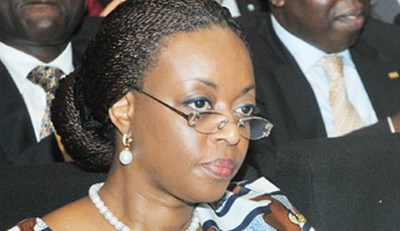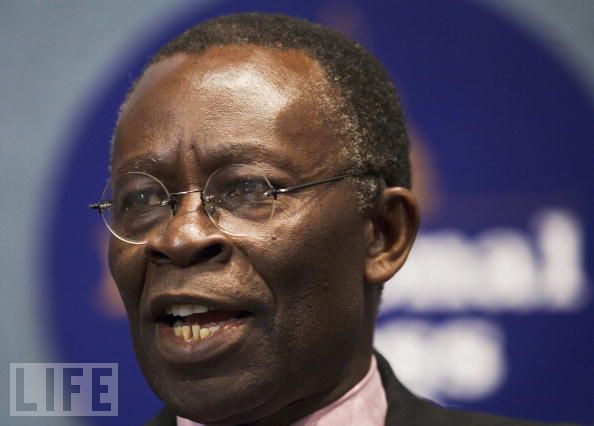Oil market ‘ll continue to be an ever-changing arena – OPEC
The Secretary-General of the Organisation of the Petroleum Exporting Countries, Dr. Abdalla El-Badri, has said that the oil market has been and will continue to be an ever-changing arena.
According to him, this is because oil is so vital to the world economy, it is present in everyone’s daily lives and its market is truly global.
He said that after the global financial crisis and economic recession, the past winter had seen a number of significant events that no one could have predicted at the turn of the year.
El-Badri, who spoke in Iran on Tuesday, at an OPEC 50th anniversary event, said, “In the Asian region, there has been Japan’s huge earthquake, devastating tsunami and subsequent nuclear crisis. Our sympathies go to all those affected by these catastrophic events. And, in North Africa and the Middle East, unrest has been witnessed in a number of countries. Our thoughts and prayers are with all those civilians who have suffered terribly in their daily lives. Where there is still unrest, it is hoped that peaceful solutions can be found soon.
“These events, as well as the continued uncertainties surrounding the global economy, have obviously had an impact on oil and energy markets. However, oil markets — which, as I have said, are global in nature — have adjusted rapidly, in terms of both volume and quality.
He said, “Consequently, and as OPEC has indicated many times, there is no shortage of oil anywhere in the world. Moreover, stock-levels remain high; OPEC’s spare capacity is around 4.5 million barrels a day, even after the recent disruptions; the refining system has adequate flexibility; and the organisation’s current production is at the level it was in December.”
El-Badri said, in his speech posted on the OPEC website, that nonetheless, prices had been rising in the first quarter and speculator activity on the New York Mercantile Exchange had surged to record highs, saying that for example, by mid-March, open interest for Nymex West Texas Intermediate crude exceeded the unprecedented level of 1.5 million futures contracts — which was 18 times higher than the daily traded physical crude.
He added, “Such an increase has been the result of concern about supply deteriorating further beyond the current situation.
“The price rises have been even more pronounced at the consumer end, where the effects of taxation in these countries have been felt greatly. OPEC has played its role by ensuring that the market remains well-supplied with crude. And so it would be helpful at this challenging time if consuming countries, that have high levels of tax on oil products, consider revising down these levels — at least temporarily — to alleviate the impact on end-consumers.
El- Badri said, “These are exceptional circumstances that need exceptional remedies.”
According to him, these recent market challenges are typical of those faced by OPEC over the past half century, saying that the organisation has a long record of rising to such challenges, as they affect the international oil market, and overcoming them.
He said, “In fact, OPEC itself started out as a challenge! In September 1960, our organisation began as a group of five oil-producing developing countries whose domestic oil sectors were dominated by powerful outside interests. We received only minimal financial returns from sales of our crude on world markets.
“The founding of OPEC was a commitment based upon the need of these countries to safeguard their legitimate national interests and to ensure order and stability in the international oil market. This included gaining full sovereignty over their exhaustible, non-renewable natural resources.”
El-Badri said OPEC was now recognised for the constructive way it responded to crises in the market, benefiting all parties.
He added, “Our agreement of December 2008 is a case in point. This was taken at a time when the oil price was plummeting, as financial institutions were collapsing and the world economy was sliding into recession. The agreement, however, helped stabilise the market at a challenging time, for the benefit of all stakeholders.
“But we are not just concerned with the oil market. We also address other major challenges affecting mankind. The establishment of the OPEC Fund for International Development in 1976, of course, is a prime example of our organisation addressing the issue of poverty.”
Source : Punch







